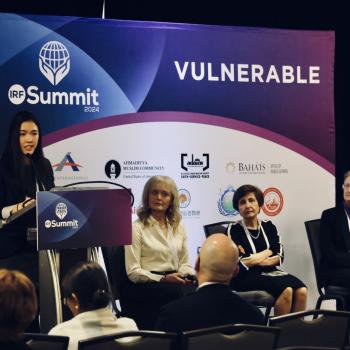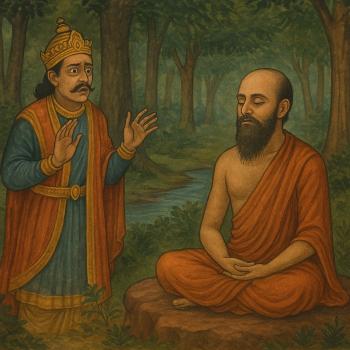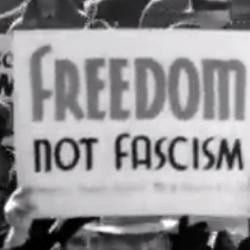And then it happened to me.
James entered our lives at 1:26 AM on Friday, June 15, 2007, three minutes after his brother Sebastian. Despite a diagnosis of hypoplastic left heart syndrome, a rare congenital heart condition first detected in an ultrasound, he declared himself a strong little boy, very much a fighter. He was fine when inside Marina, and indeed had thrived, surprising us by coming in at 4 pounds 9 ounces—two ounces heavier than his older brother.
He was a gorgeous baby. He looked normal, and in fact was normal in every other way, but basically James had half of a heart, as his left ventricle was severely underdeveloped. From the moment of his birth, the clock started ticking.
We had been trying to have a second for five years. After our first child was born, Marina's obstetrician said that if we wanted another we should not delay, that time was not our friend. But we were so overwhelmed by the demands of new parenthood that the thought of immediately having another child was set aside.
By the time we were ready, the ground rules had changed, and we needed fertility treatments in order finally, after much effort, to produce a pregnancy --twin boys. This was joyous news, but our happiness was soon tempered by the very serious diagnosis delivered by an ultrasound after five months.
Among the options presented to us was the selective "termination" of the second fetus, a procedure that would also have had a slight risk of jeopardizing the healthy child. Regardless, it was an unacceptable option for us both. We opted to see the pregnancy through, bracing for the trauma that lay ahead. We read everything we could find about the condition. We met with a couple who had a child with hypoplastic left heart syndrome, and whose son was doing quite well, given the severity of the medical journey he was on. The boy was in school. Looking at him you wouldn't know, they said. But we also understood that his was an exceptional case.
The twins were born prematurely, and this further complicated James' condition. At his birth, James cried briefly, the only noise I ever heard him make. He was literally rushed from the delivery room, each was. The two boys were then immediately placed in separate incubators. I was unable to photograph them together. Shortly after their birth, James was then whisked away to the Critical Care Unit at the Hospital for Sick Children, in Toronto. Sebastian remained across the street, in the Intensive Care Unit of Mount Sinai Hospital. Marina was also hospitalized for several days.
After James was born he developed some symptoms of respiratory distress, and later was treated for necrotizing entercolitis. He stabilized 24 hours after birth and was maintained on mechanical ventilation and other support, in the words of his critical care physician, written with clipped detachment on his chart, "while his parents worked through their concern regarding James' long term prognosis."
We were presented with two horrible options: one was to have open heart surgery on a premature baby with a serious risk of brain damage, to be followed by two more open heart surgeries before the age of three. These would attempt to construct a heart that could sustain James through his childhood. Needless to say there was a high risk of death at every turn. Sudden death between surgeries was also a possibility. Then, by about age 20, James would require a heart transplant, as his surgically-constructed heart would begin to give out. This was the upside option.
The other choice was to simply remove life support, and allow James to die as children with this condition had always done before the heroic measures of modern medicine.
Despite the vast experience of the specialists at the hospital, their policy was to offer no advice whatsoever. In hospital jargon it's called "Patient Autonomy". Their policy was to leave the decision entirely to the parents, whether they were equipped to make it or not. It was a cop out really, possibly designed to protect the hospital's interests ahead of our own. It is presented as a patient right, the right to make decisions about medical care without health care providers influencing the decision. They are only allowed to "educate" patients, or in our case the parents of an infant patient, in an either-or sort of way. There is a great deal of debate among medical ethicists and practitioners as to whether this is the correct approach, especially since some studies show that "many patients do not have a strong preference for autonomy … and many even prefer a paternalistic model."
The hospital record written by the critical care physician put it much more starkly than it seemed at the time, with a young life hanging in the balance: "I and others met with them several times over this period to give them information regarding the options for palliative surgery. The increased potential for an adverse neurologic outcome in general and specific to James' prematurity were discussed at length." In fact, we were presented with a monstrous situation that no parent should ever have to face, and decisions that no parent should ever have to make, especially as it concerned a life just born, and so full of promise.




